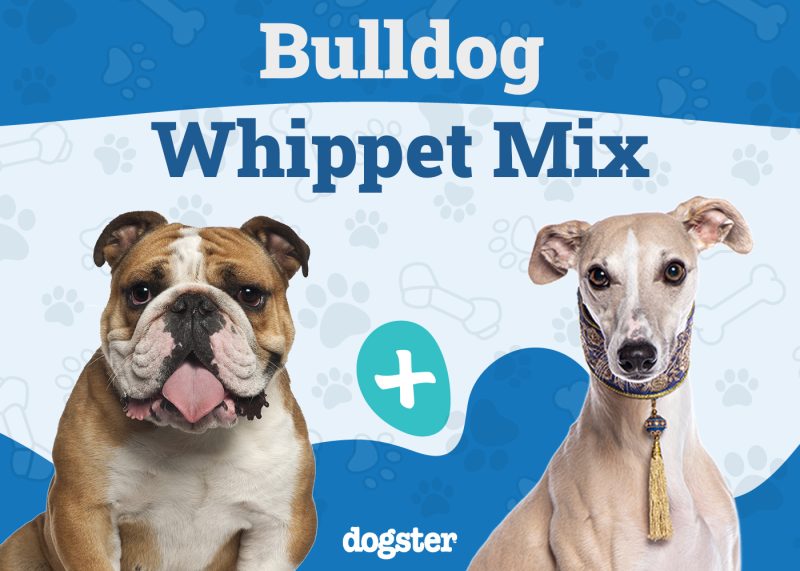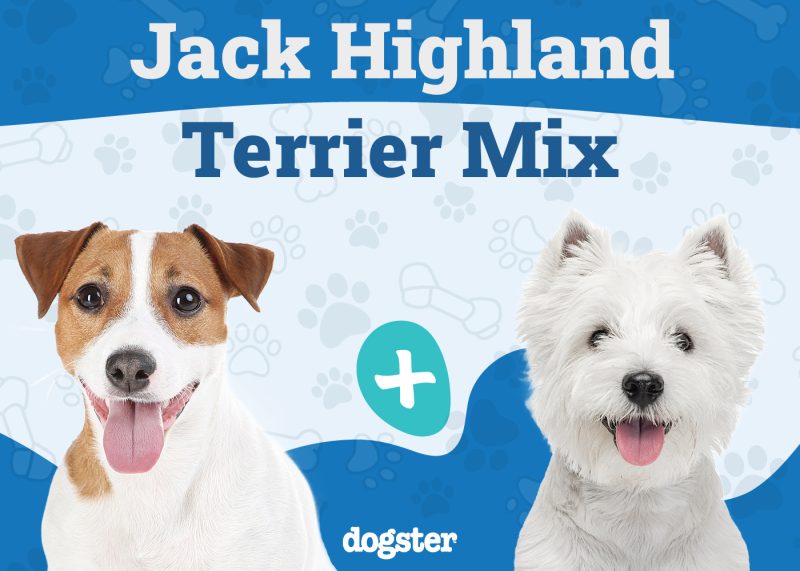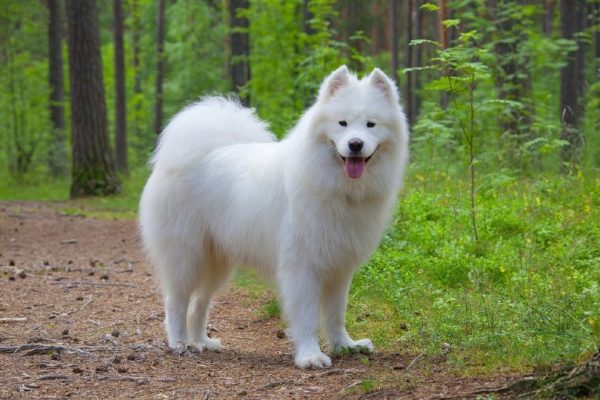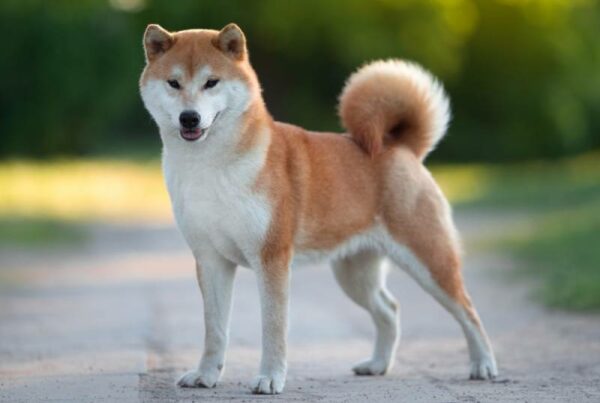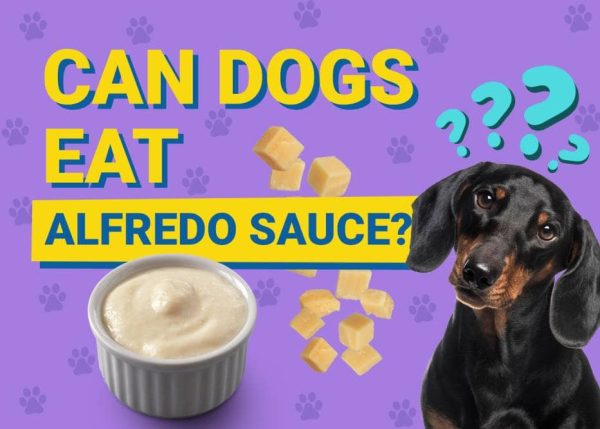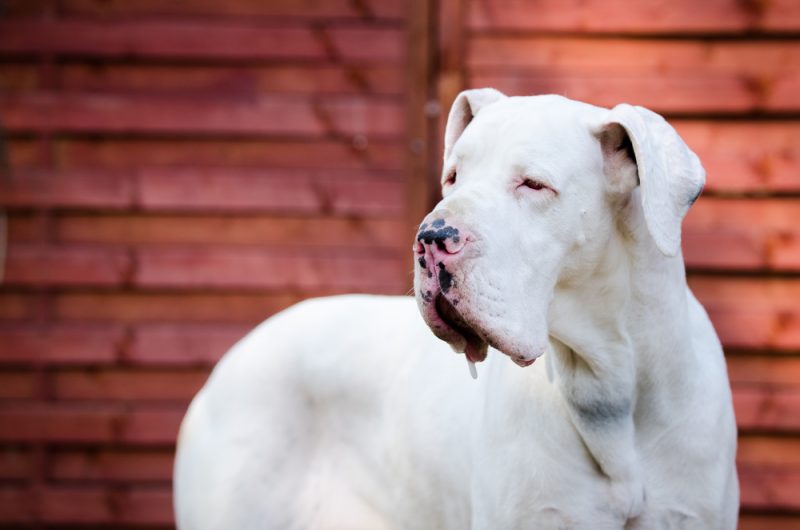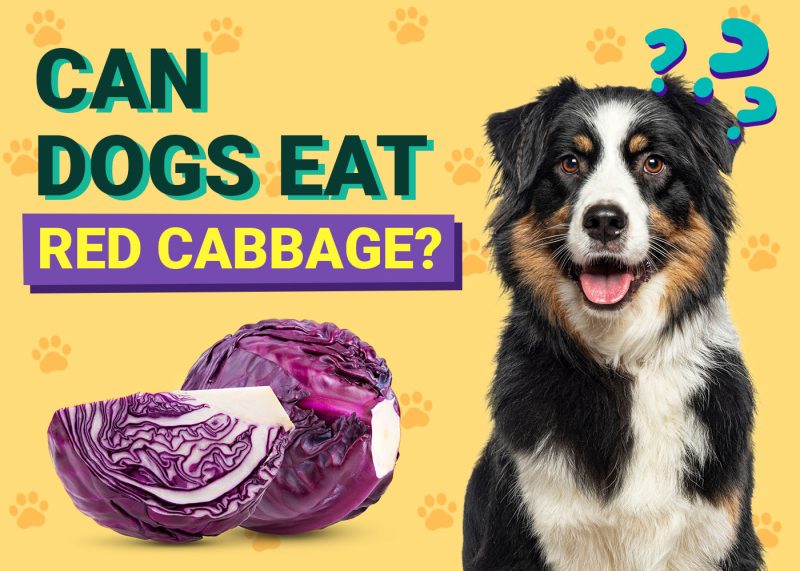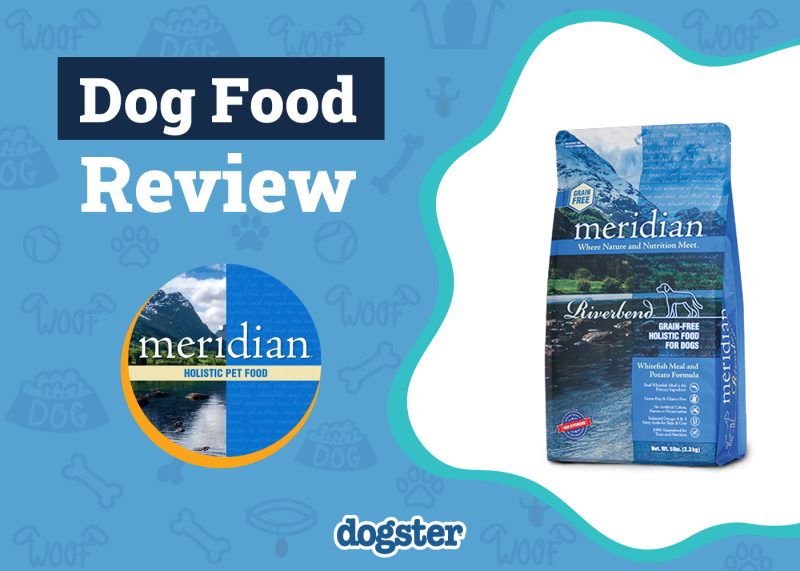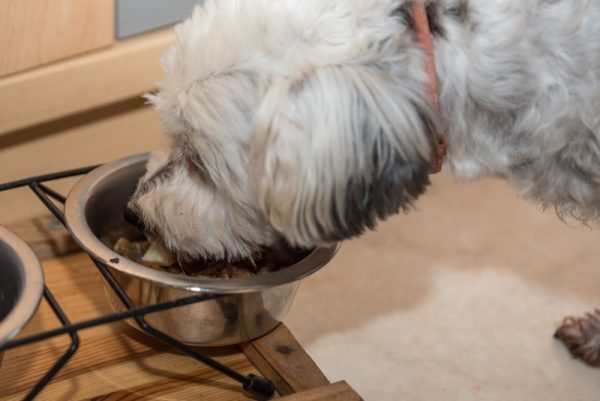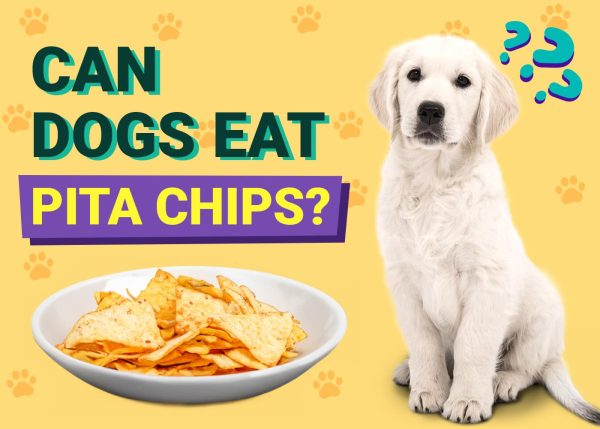A kumquat is a small citrus fruit native to Southeast Asia that looks similar to an orange. They aren’t nearly as common as mandarin oranges but can still be found in kitchens around the world. Before you share your snack with your four-legged family members, you first need to make sure it’s safe for them to eat.
In the case of the kumquat, it’s not considered overtly toxic to dogs, and eating the flesh in small amounts won’t be harmful. However, all citrus fruits contain psoralens, which can cause vomiting and diarrhea. Fortunately, citrus fruits aren’t exactly canine favorites, as the smell and taste aren’t appealing to dogs, so the chances are that they aren’t going to have much interest in eating them in the first place.
There are always exceptions to the rules, though, so keep reading to learn more about the safety of kumquats for dogs and other appropriate snacks.

Are Kumquats Safe for Dogs?
The flesh of citrus fruits is not considered toxic to dogs, but due to the high acidity and psoralen, it could easily cause an upset stomach. This is especially true if it is eaten in large amounts or if the dog has a sensitive digestive system.
Like most fruits, kumquats are high in natural sugars, so even if your dog likes snacking on them, they should only be offered occasionally in small amounts. High amounts of sugar can easily lead to obesity if eaten regularly, which opens up the window for other health problems, like diabetes.
The calamondin orange is a hybrid of kumquat and is listed on the ASPCA website as toxic.1 If you have any concerns about what your dog has eaten or signs they are showing, contact your veterinary clinic for advice.
Don’t allow your dog to eat the skin or the seeds of a kumquat. Not only are these difficult to digest and could put your pet at risk of an intestinal blockage, but the peels of citrus fruits can also contain toxic compounds, such as essential oils, that can be harmful to dogs.
If you need to speak with a vet but can't get to one, head over to PangoVet. It's our online service where you can talk to a vet online and get the advice you need for your pet — all at an affordable price!
Should I Allow My Dog to Eat Kumquats?
Kumquats are rich in vitamins C and A and make excellent snacks for us humans, but this isn’t going to make the list of top human foods that double as healthy dog treats. Dogs do not need to supplement with fruit or any other human food, as they should be getting all their needed nutrients from their regular diet. It is not recommended that you feed your dog citrus fruits.
Most dogs won’t bother with eating citrus fruits, but those that have a taste for them should be limited to small amounts of flesh on occasion. As mentioned, the high acidity and chemical compounds can lead to digestive upset and the high amount of sugar isn’t ideal, especially for diabetic dogs.
It’s best to avoid offering kumquats altogether to prevent any GI upset and to keep your dog from wanting to steal an unpeeled fruit off the counter and trying to eat it with the skin and seeds in place. If you want to share an occasional snack with your pup, there are plenty of other healthy options.

Human Foods That Make the Best Dog Treats
If you want to find human foods that can double as healthy snacks for your dog,2 there are certainly options out there. Any treat should be fed in moderation, and you need to be mindful of added ingredients like salt, seasonings, seeds, and other things that dogs should go without. Here’s a list of the best options you can use as the occasional treat for your four-legged pal.
1. Chicken
Plain, cooked chicken that has been deboned is a great treat option for your pup. It may be bland, but your pup will be sure to enjoy it. Avoid feeding it from your dinner plate due to the added seasonings and salt that we humans enjoy so much. Chicken is a common ingredient in many dog foods and is an excellent source of protein and essential amino acids.
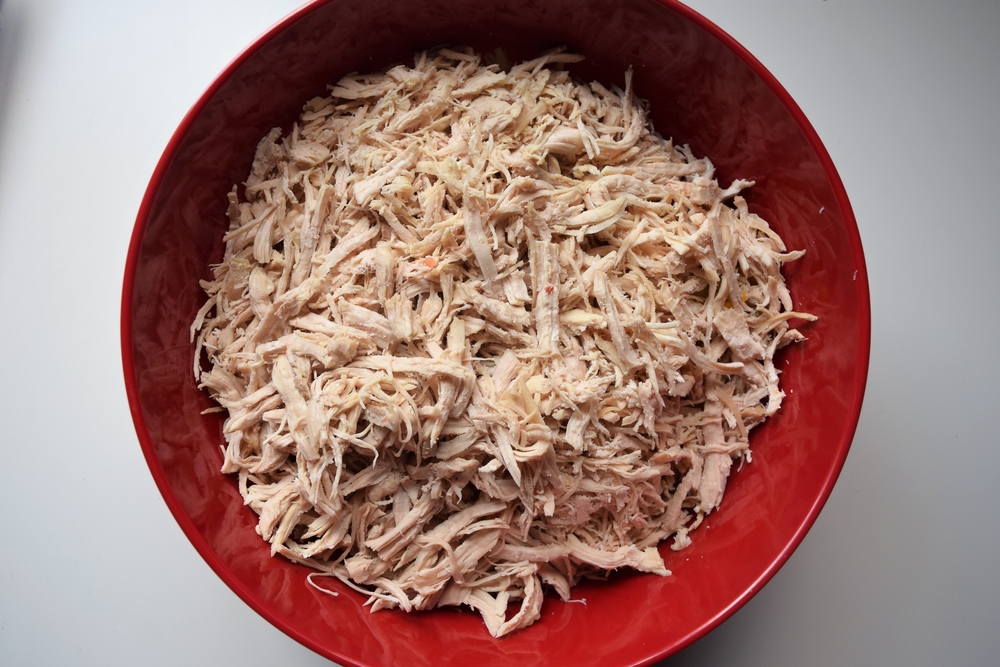
2. Turkey
Turkey is another great protein source that is used as the main protein in many commercial dog foods. It is lean meat that is rich in vitamins, minerals, and amino acids. If offered as a treat, turkey should be cooked, plain, and free from skin and bone.
3. Salmon
Salmon is an excellent protein source that makes a delicious, healthy snack. Like with any meat, it should be cooked and fed plain with no added seasoning or salt. Salmon is also a great source of essential fatty acids and amino acids, making it great for skin and coat, immunity, and overall health.
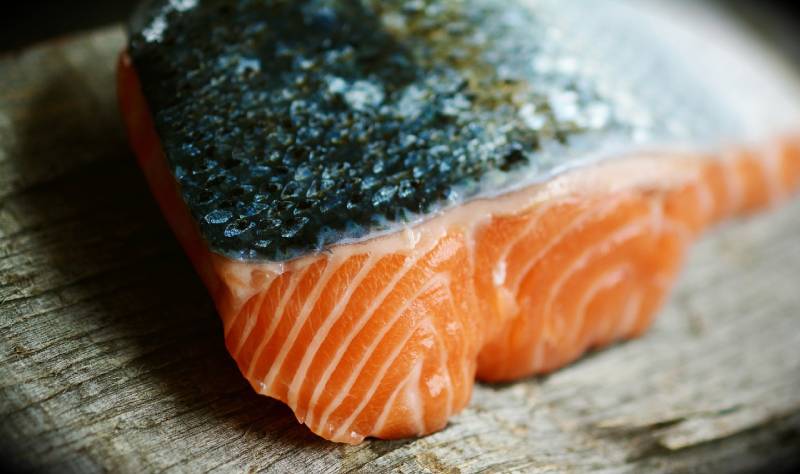
4. Carrots
Carrots are great low-calorie snacks that can be fed raw or cooked. They are rich in fiber and contain various nutrients, including vitamin A. Raw carrots should be chopped to prevent them from being a choking hazard. If you are feeding cooked carrots, avoid adding salt or other seasonings that could be harmful to your pup.
5. Green Beans
Green beans are nutritious, low-calorie, and high-fiber vegetable snacks that are safe for dogs to eat as treats. All types of green beans are safe for consumption, but you must first make sure they are unsalted and unseasoned.
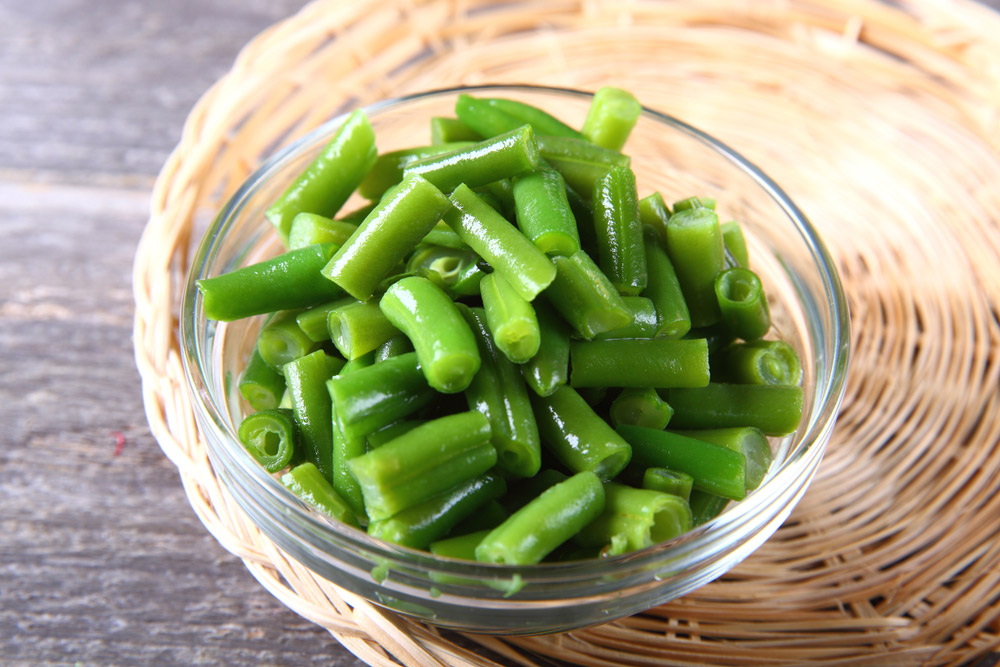
6. Pumpkin
Pumpkin is a great choice for dogs that are suffering from digestive issues, but it’s also a great snack or meal additive. Pumpkins are packed full of vitamins, minerals, and fiber and can be fed raw, cooked, or canned. You can even offer pumpkin seeds on occasion if you wish. Be sure to cut up raw pumpkins to prevent them from becoming a choking hazard. Also, avoid any added ingredients that could be mixed with the pumpkin, especially canned varieties that sometimes contain added sugar and spices.
7. Blueberries
Blueberries are full of vitamins, minerals, and antioxidants. They are completely safe for dogs to snack on, and their size makes them excellent training treats. They contain moderate amounts of sugar, though, so like with any treat, you should avoid overfeeding them to your dog.

8. Peanut Butter
Peanut butter is a favorite among many dog owners and is the perfect snack to add to puzzle toys. Be wary of the ingredients, though, and never purchase any peanut butter product that contains the artificial sweetener xylitol, which can be deadly to dogs. Peanut butter is also high in fat, so moderation is key. It often contains added salt, so try a product that contains minimal ingredients and no added salt.
9. Apples
Apples can make tasty snacks and are a great source of vitamin A and fiber. Make sure to remove the entire core and all the seeds (because they contain cyanide) before offering bite-sized pieces to your dog. Apples are high in natural sugar, so it’s best to only offer them occasionally in small amounts.
10. Sardines
Sardines are full of protein, healthy fat, and various vitamins and minerals. Aim for sustainably sourced, high-quality sardines, and you can offer these to your pup as long as they aren’t seasoned.

In Conclusion
Kumquats are not considered overtly toxic to dogs, but as with other citrus fruits, they are high in acidity, psoralen, and natural sugars. Most dogs aren’t big fans of citrus, anyway, but those that do enjoy kumquats should only be allowed to eat small amounts of the flesh in moderation. The peel and seeds should be avoided altogether.
There are plenty of other treat options out there that would be much more suitable for dogs than kumquats. Any type of treat must be fed in moderation, as your dog should be getting all their nutritional needs from their regular diet.
See also:
- Can Dogs Eat Pomelo? Vet-Reviewed Benefits & Risks
- Can Dogs Eat Plums? Vet-Verified Nutrition Facts & Risks
Featured Photo Credit: PIRO4D, Pixabay


